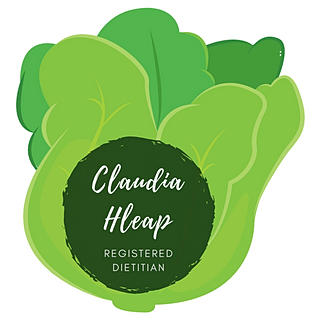How to Stay Hydrated While Working From Home
- Admin
- Dec 16, 2020
- 3 min read
Updated: Sep 21, 2025
By: Danielle Sinay, Writer at Thrive Global
April, 20, 2020
The coronavirus pandemic has made it particularly challenging to maintain our healthy habits — especially because it has disrupted so much of our typical daily routines. It’s often much harder to maintain habits like hydration, regular movement, or consistently nutritious meals when our schedules are drastically disrupted. Nearly 75 percent of people are concerned about being able to maintain existing healthy routines amid the pandemic, according to a Thrive Global original survey of 5,000 respondents about coronavirus pain points. Fortunately, there are ways to modify our “new normal” lifestyles to make space for both our previously existing, and even new, healthy habits.
One of the most important (yet commonly forgotten!) well-being practices is staying adequately hydrated by drinking enough water. This is especially difficult to commit to when working remotely, though: Routine is built into the office space — you can fill your bottle each time you get up from your desk to talk to a colleague, for example — but not so much when you’re perpetually at home, and spending all your time on the same couch. But it’s just as vital for you to hydrate.
“It is so important to stay hydrated, especially when you’re going through a major adjustment to your normal daily routine,” Claudia Hleap-Knight, MS, RD, LDN a registered dietitian, tells Thrive. “Hydration is essential for optimal performance, including skin health, cognition, hunger cues, and organ performance.”
And dehydration has negative consequences, especially when it comes to your energy levels. “Water makes up about 60% of the human body, so proper hydration is key to ensuring that our cells are functioning properly and to help us stay alert, focused, and feel energized,” Jaclyn London, R.D., C.D.N., a registered dietitian, adds. “Dehydration can occur with as little as 2-3% total water loss — that’s especially important if you’re sneaking in some exercise throughout your day, or if you’re currently navigating fluctuating temperatures in your WFH space — and can result in symptoms like decreased alertness, or just general feelings of tiredness.”
One way to ensure you remember to drink water is to set benchmarks for hydration. Hleap-Knight suggests setting goals, like drinking a certain number of ounces of water before breakfast, again before lunch, and again before dinner. This has the added benefit of preventing you from overeating at meals as a result of conflicting thirst cues.
“In practice, I’ve found that a little self-check-in of, ‘Have I had enough to drink today?’ can be a game-changer for so many of us who are often mistaking hunger and thirst,” London adds. She recommends starting the day with eight to sixteen ounces, or one to two cups, of water right when you wake up.
Another simple technique to remind yourself to drink is to set alarms on your phone. “It’s easy to forget to stay hydrated, especially when you’re feeling stressed and have a million other things on your plate. By setting this alarm, you’re automating a regular reminder for yourself to stay on top of your goals,” Hleap-Knight adds. “And by staying hydrated, you are optimizing your body’s ability to combat illness and potentially reduce overlapping symptoms, such as headache and fatigue.”
If you’re struggling to stay hydrated while working from home during the coronavirus pandemic, try adopting one of these science-backed Microsteps into your daily routine.
Every time you wipe down a surface, drink a glass of water. It’s a great way to do something for your environment and for your body at the same time.
Swap one sugary beverage a day with water. Sugar is proven to increase inflammation in our bodies, which limits our immune response. If you’re able, you might want to add a slice of lemon to make it more flavorful.






Comments